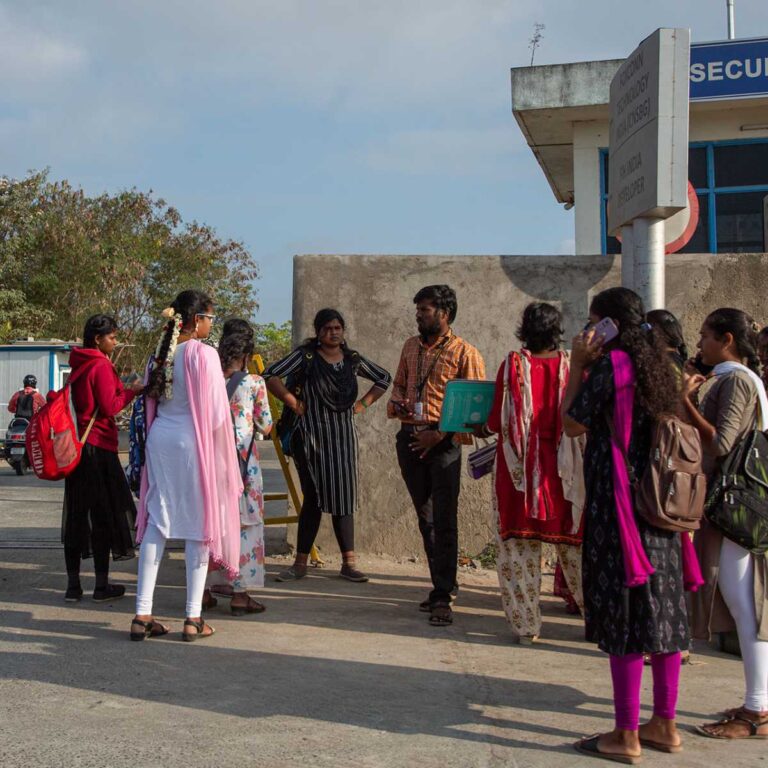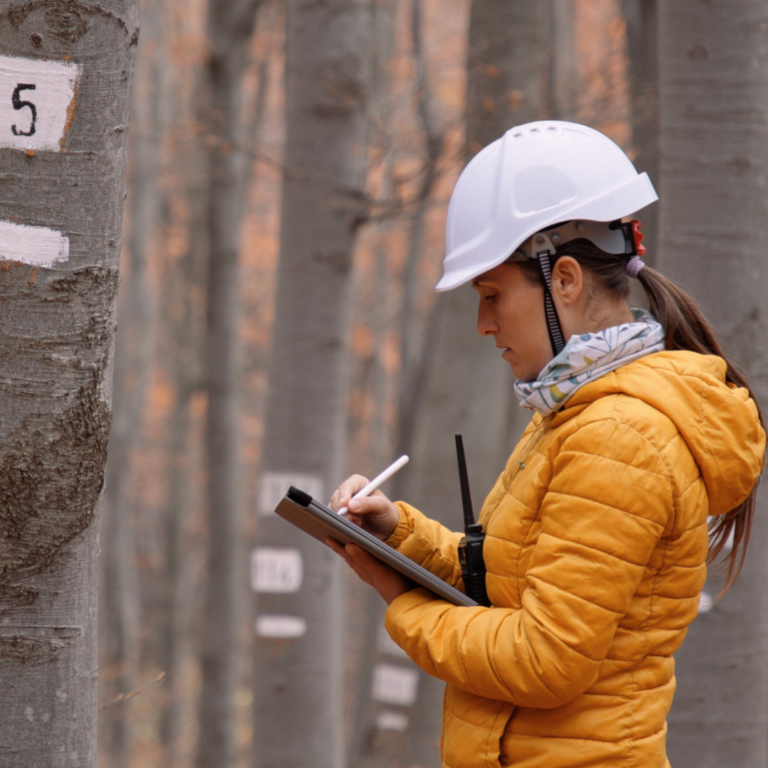As women’s rights face challenges, one group is rallying for action
Gender equality15.05.2024
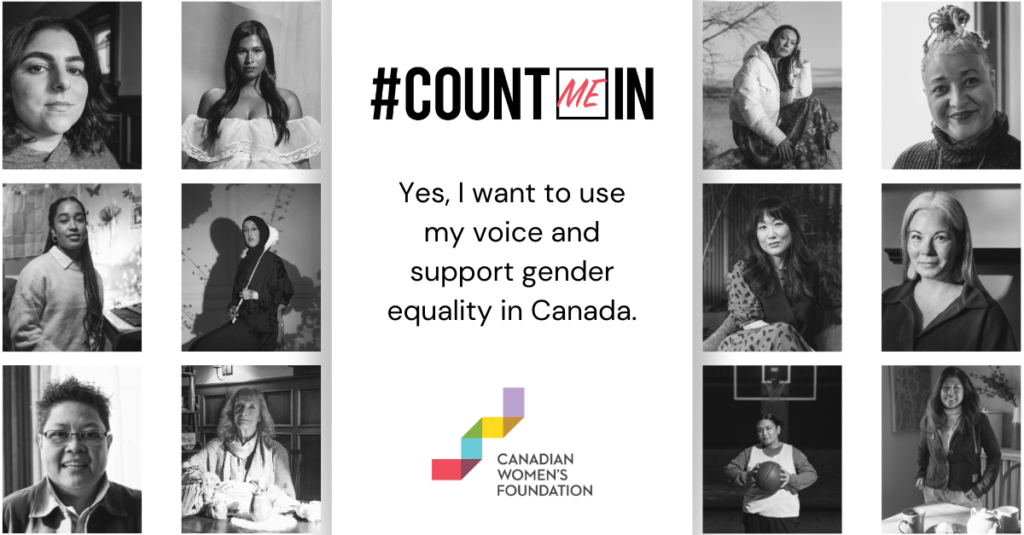
Across the country, billboards, transit stations, and buses are being outfitted with a simple message: Count me in.
While the phrase is short and sweet, it is accompanied by a rallying cry for support designed to spark meaningful national change.
It is the latest initiative from the Canadian Women’s Foundation, Canada’s public foundation for gender justice and equality. COVID-19 highlighted the real hurdles that women continue to face — in the workplace and at home — but with the pandemic now in the rear-view mirror, and with issues like pay gaps, gender-based violence, and caregiving responsibilities still hindering progress, the need for collective action has never been more pressing, said Suzanne Duncan, Vice-President of Philanthropy.
“Now is the time for us to bring together our voices, to learn from each other, and to support front-line organizations championing gender equality across the country,” she said. “With more than half of Canada’s population comprised of women and gender-diverse individuals, it’s imperative that we address the barriers they face head-on.”
Getting involved
#CountMeIn isn’t just a catchy hashtag; it’s an invitation for everyday Canadians to use their voices to elevate gender equality in Canada — and nearly 70,000 people have already signed up for it.

So, how can you count yourself in? By visiting the website, you can sign up to stay informed about gender equality, access valuable tools and resources, and discover your role in affecting change within your community.
“Through the Count Me In platform, participants receive regular updates, tips, and information to empower them in their own lives and conversations,” Duncan explains. “It’s about recognizing that each of us has a part to play in driving positive change.”
The Signal for help: a lifeline in times of crisis
One area of focus for the Canadian Women’s Foundation, is raising awareness about intimate partner violence — an issue that is experiencing an alarming rise.
“We are now seeing a woman or girl killed by violence every two days in Canada,” added Duncan. “That is a really shocking, scary, not to mention preventable number.”
The Signal for Help was launched by the Canadian Women’s Foundation near the start of the pandemic, and it garnered global recognition — and awards — for its innovative approach to addressing increased risk of domestic violence. The simple hand gesture — wrapping one’s thumb with your fingers — serves as a discreet call for help, particularly vital in situations where technology monitoring is prevalent, which occurs in nearly 80 per cent of cases where a woman lives with her abuser.
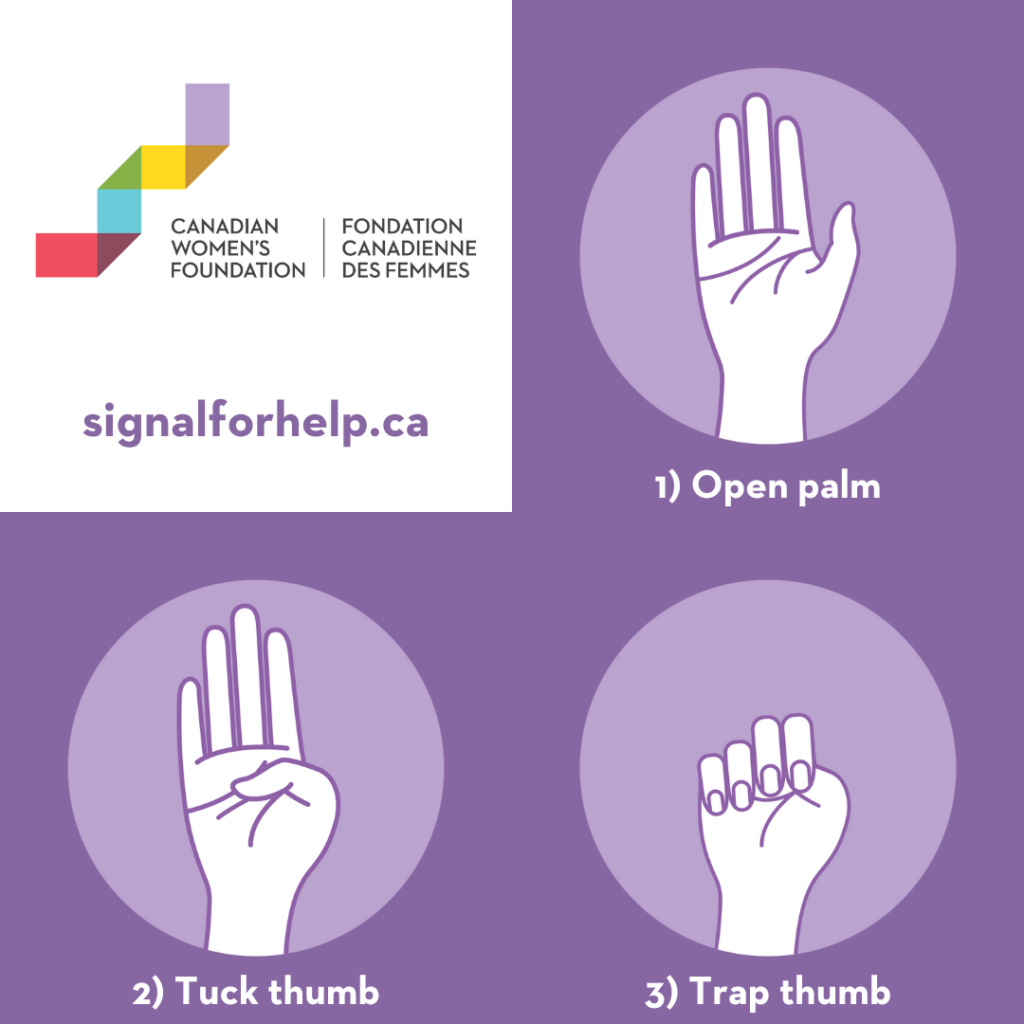
“The Signal for Help is a tangible way for individuals to seek assistance without leaving a digital trace,” Duncan explains. “But beyond the signal lies the importance of knowing how to respond to any sign or signal of abuse, equipping people with the tools to support those experiencing gender-based violence.”
And through the Signal for Help Responder training effort — which was launched in tandem with the Signal for Help — resources are being shared more broadly in our communities, which is making it easier for people to engage in difficult conversations, added Duncan.
“The more people who speak up and express concern, the greater the chance of intervening and preventing violence,” she said. “It’s about creating a community of support where survivors feel heard, believed, and empowered to seek help.”
Addressing the gendered impacts of climate change
Beyond traditional gender equality issues, the Canadian Women’s Foundation is also examining the gendered impacts of climate change, a topic often overlooked in mainstream discourse.
Duncan highlights the disproportionate effects of the climate crisis on already vulnerable communities, particularly Indigenous populations and women. Looking at decades of research indicates that whenever we have a climate disruption — a forest fire, flood, extreme heat or hurricane, for example — gender-based violence spikes.
“With climate disruptions come increased risks of gender-based violence because people are experiencing job loss, food insecurity, increased stress, health concerns and housing instability,” she said. “It’s crucial that emergency response plans prioritize the needs of women and gender-diverse individuals, especially those in marginalized communities.”
Empowering the country through conversation
As more people count themselves into the Canadian Women’s Foundation’s community, it serves as a poignant reminder that gender equality isn’t just a lofty ideal – it’s an achievable reality, added Duncan.
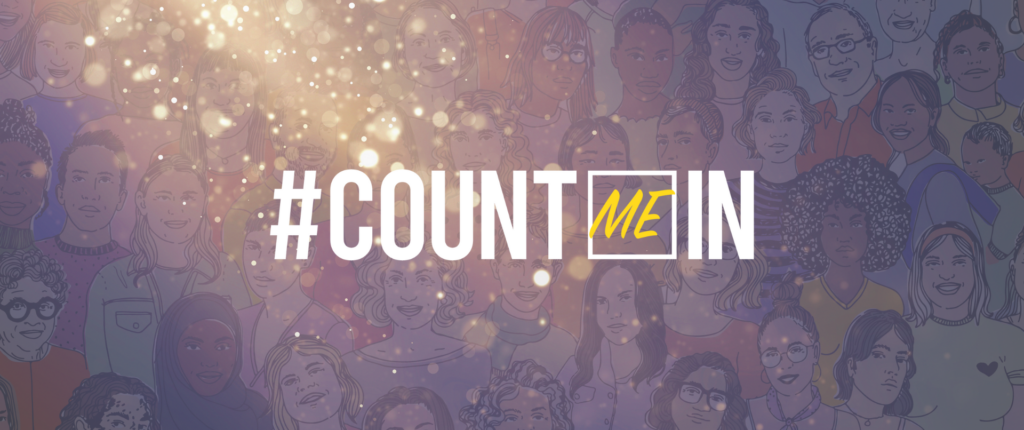
“This is an effort we are truly so excited about, and we really feel like now is the time to empower all of the great gender equality work happening across the country,” she said. “We are seeing times of increased economic precarity, challenges around housing, and those have an impact on families lives, women’s lives, and on gender-diverse people’s lives.
“We need to do something as a country to make sure we can stop those impacts from happening and have everyone be able to reach their potential.”
To count yourself in for gender equality, visit canadianwomen.org.
This article was created in partnership with the Canadian Women’s Foundation.

